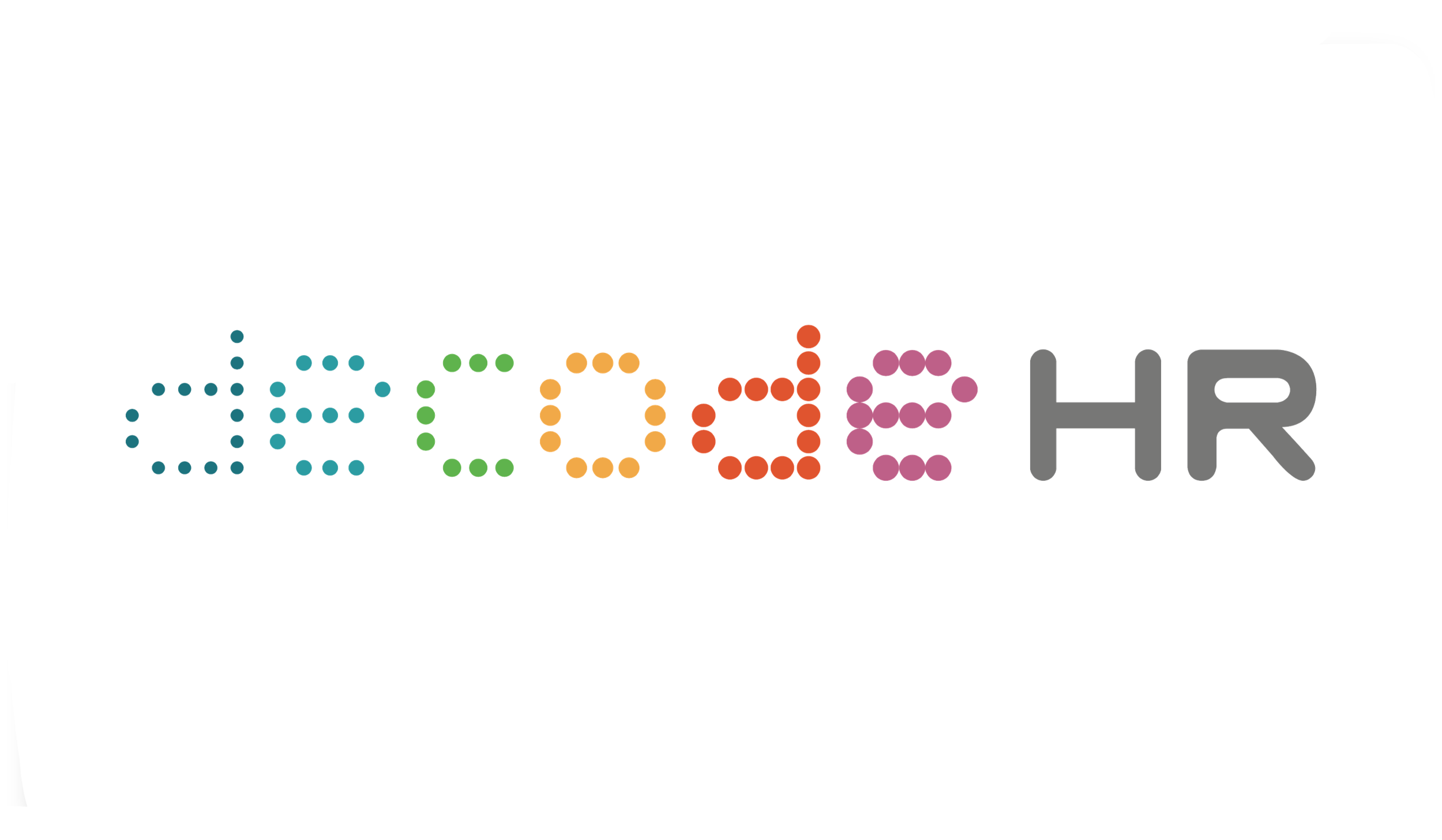Rethinking Performance Management: The Shift That Works
Reading time: 3 mins
Performance management is being transformed. Annual reviews are fading out, replaced by continuous feedback and agile goal-setting. Harvard Business Review found that this is not just a trend; over a third of U.S. companies have already abandoned traditional appraisals, as they have been found ineffective for today’s fast-paced business world.
Why the Old Way Fails
Annual reviews focus on the past and rarely inspire improvement. A management research group, The Corporate Executive Board, notes that these reviews often create anxiety and do little to drive future performance. Employees and managers alike dislike the process, with 95% of the managers expressing dissatisfaction.
Conventional performance management often falls short because it relies on numerical ratings and annual rankings that trigger a “fight-or-flight” response rather than thoughtful reflection. Labelling employees on a 1–3 or 1–5 scale, for example, tends to provoke anxiety, discourage stretch goals, and reinforce a fixed mindset in which people fear making mistakes. Forced-ranking curves pit colleagues against one another, fuelling competition instead of collaboration and often leading to the attrition of valued employees and erosion of trust.
The Power of Continuous Feedback
Modern performance management replaces annual reviews with ongoing, real-time feedback and frequent check-ins, which can be conducted on a weekly or monthly basis. Essentially, this means that managers become more like coaches, offering guidance and supporting their people’s growth. Goals are aligned with evolving priorities, and every conversation becomes a chance to learn, adjust, and stay motivated.
This approach leads to:
Higher engagement: Employees who receive ongoing feedback are 23% more likely to outperform their peers.
Lower turnover: Companies using continuous feedback see turnover rates drop by up to 15%.
Agility: Teams can quickly adapt goals and priorities as business needs change
Some of the most effective performance management practices today include 360° feedback, continuous recognition platforms, and real-time feedback. These tools have fundamentally transformed how organisations approach performance management, shifting it from a static, annual process to an ongoing, dynamic conversation.
By offering well-rounded insights, timely recognition, and immediate coaching, these practices foster a culture of continuous improvement, strengthen employee engagement, and drive meaningful business results.
Aligning Goals for Impact
Clear, measurable goals, often set using frameworks like OKRs, ensure everyone is moving in the same direction. Aligning individual objectives with company strategy is now seen as essential for success.
Traditional vs Modern Performance Management
Real-World Results
Companies like Adobe and Accenture have scrapped annual reviews in favour of frequent check-ins and real-time coaching. The result? More engaged employees, better performance, and a culture of growth.
As more organisations rethink how they can better support and develop talent, one thing is clear: performance management is no longer about ratings or rankings. It’s about relationships, conversations, and continuous improvement.
Transform Your HR, Transform Your Business - click here to speak with our team of seasoned consultants.
Read our articles on Performance Management:
Performance Management – Turning a Foe into an Ally
50 Performance Review Comments to Inspire Growth
Measuring Success Beyond Performance Management







